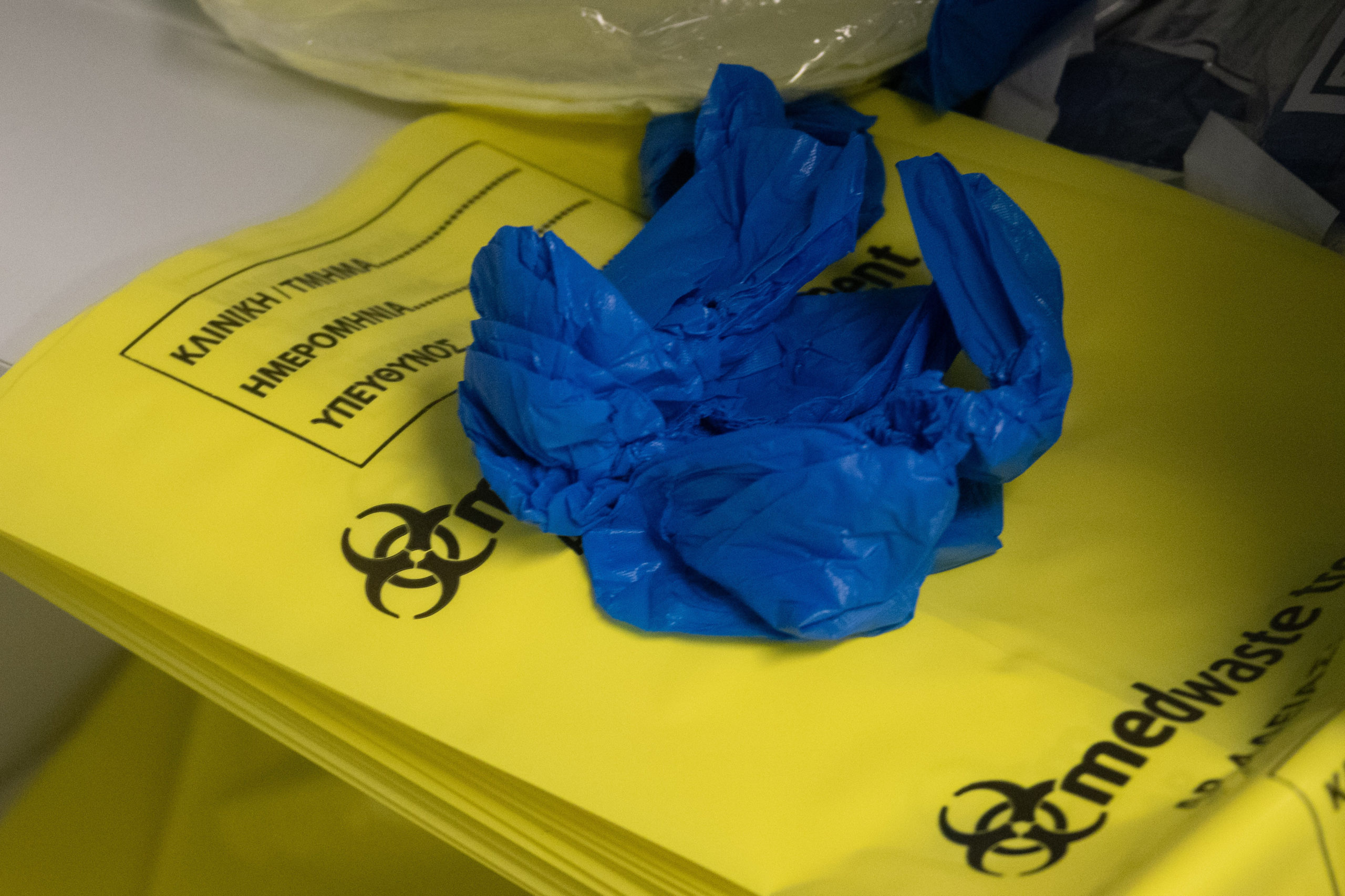Half of the twelve new cases of SARS-CoV-2 reported on Wednesday are all linked to clusters related to two football clubs in the Larnaca district, raising the total coronavirus infections in Cyprus since the pandemic broke in March to 1,755.
The health ministry said that seven of the new cases were discovered through the track and trace method. Some 3,147 tests were conducted, including 875 in Larnaca, where clusters have formed, and 939 random tests on passengers, regardless if they have negative coronavirus tests results from their country of departure.
At present, 11 patients are hospitalised for Covid-19, of whom three in the Famagusta General emergency ward.
Of the new cases, three were family members of a player for Asil Lysis FC who tested positive on Sunday. One person was in contact with a footballer from Ethnikos Achnas who had tested positive on September 22, but failed to show up for testing at public health centres, opting instead to be tested at a private lab.
A woman who is employed at a company operated by one of the Ethnikos Achnas club officials was also tested positive after having symptoms two days ago and another woman showed symptoms on Tuesday. As a result, all employees at companies related the club’s executives are being tested.
Of the remaining cases, three people were traced to a British tourist who arrived on September 18 but showed symptoms on Sunday.
A passenger on a flight arriving in Paphos from Manchester on Tuesday tested positive, while another who had arrived from Russia on September 18 was tested on the twelfth day in order to be released from quarantine, but the result was positive.
Health officials said that of the targeted testing programme of 3,000 people in Larnaca, 16 had so far tested positive, of whom four had symptoms but failed to contact their family GP and instead showed up for the public testing scheme.
The health ministry officials said that there is a danger of contagion at the testing centres, while they are concerned that one person failed twice to show up for a predetermined appointment and tested privately, “putting at risk other people who might have come into contact.”










